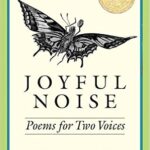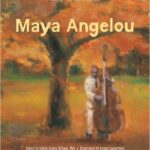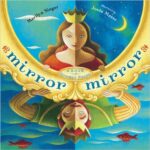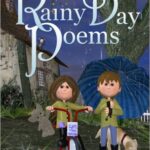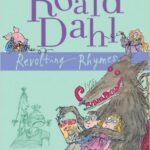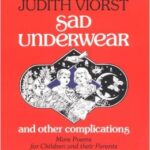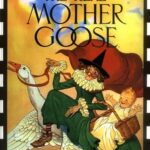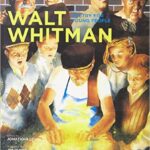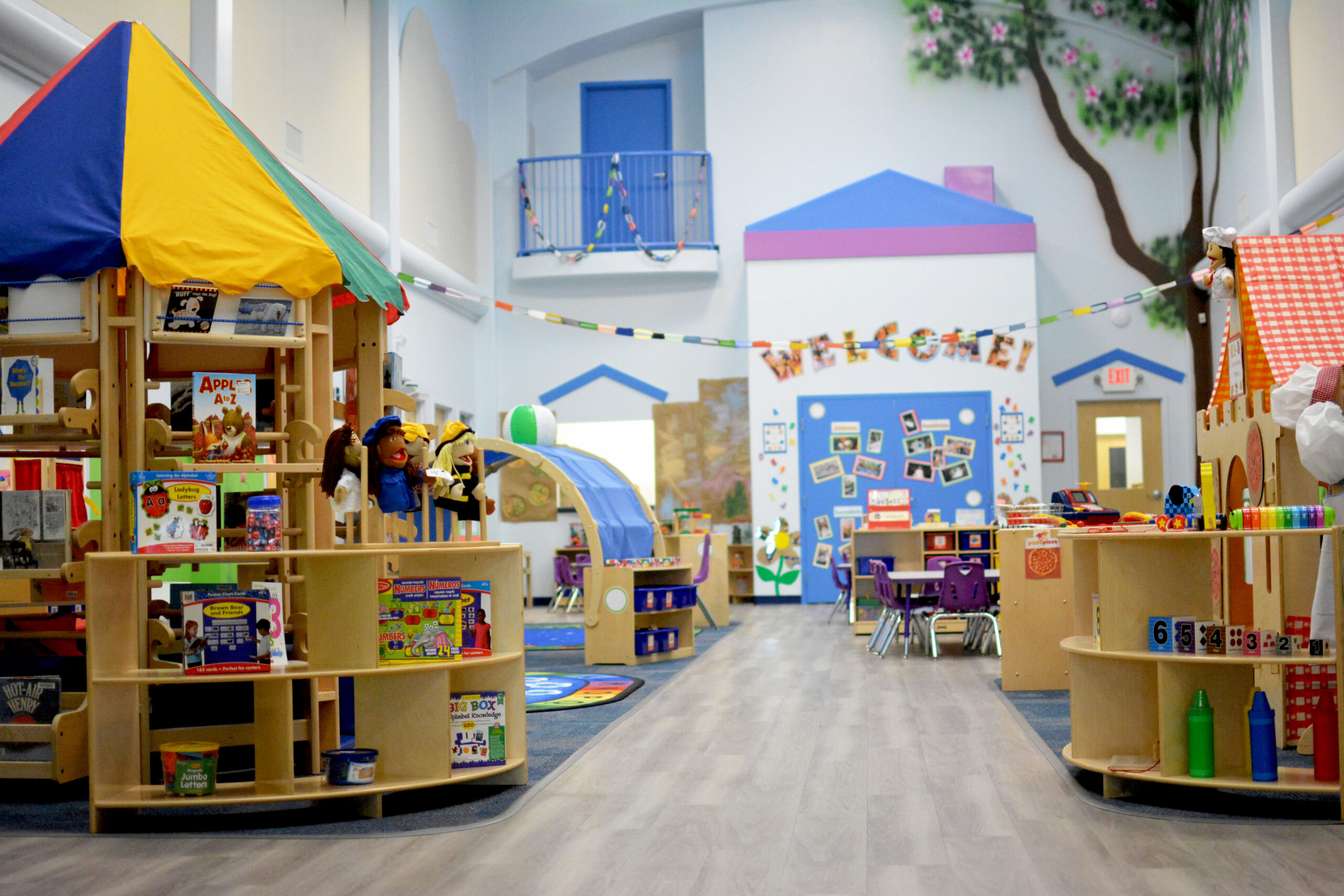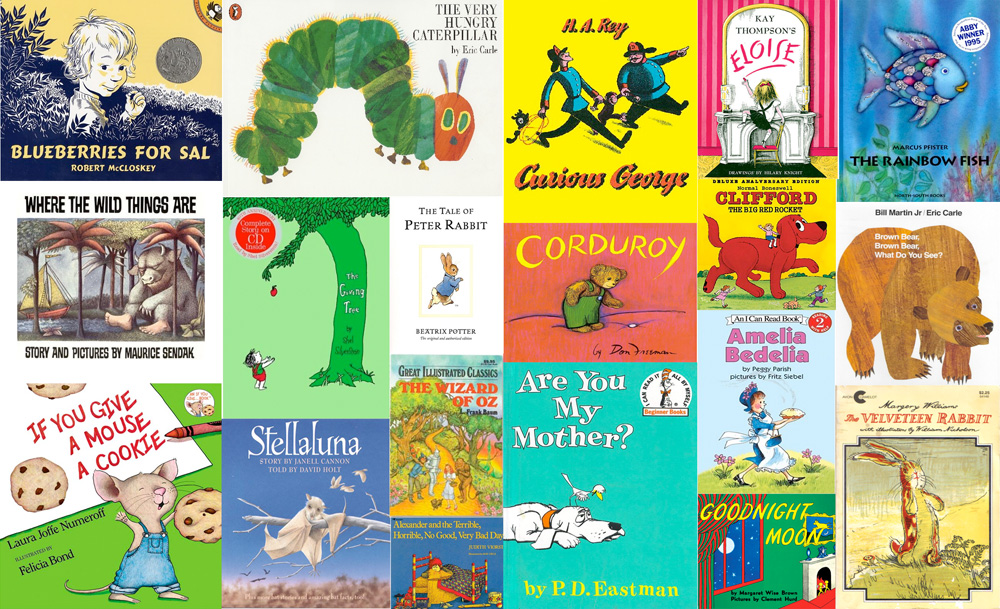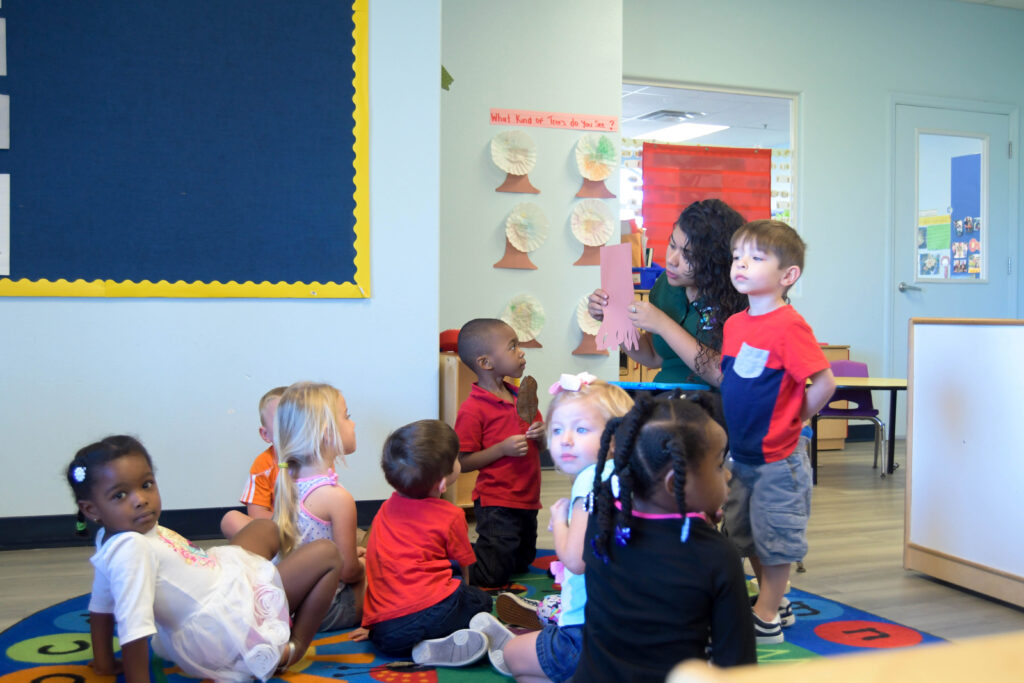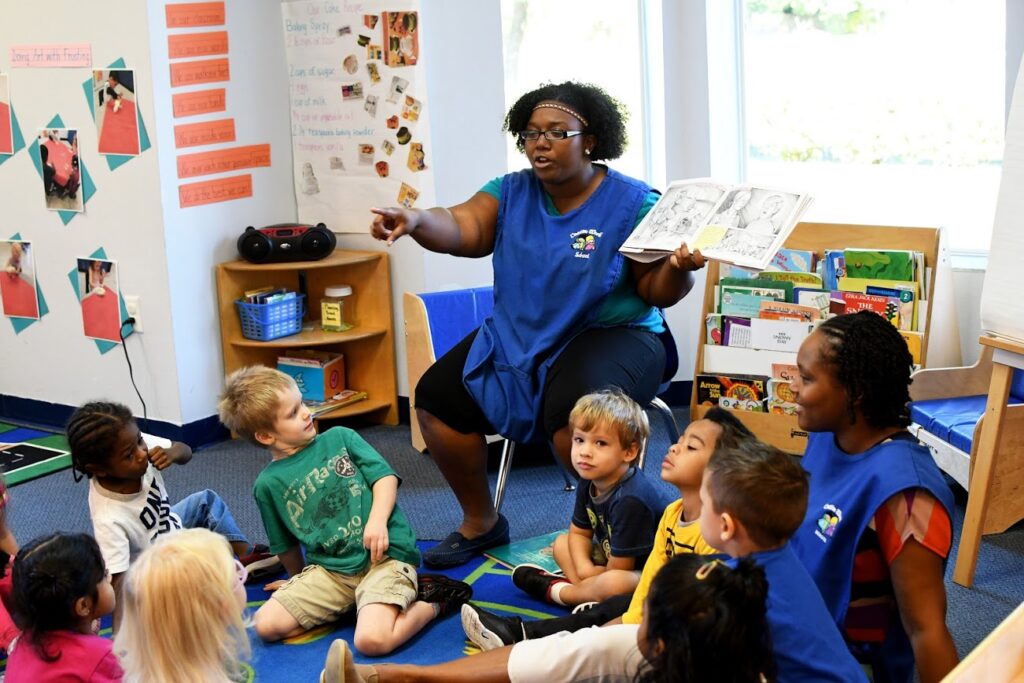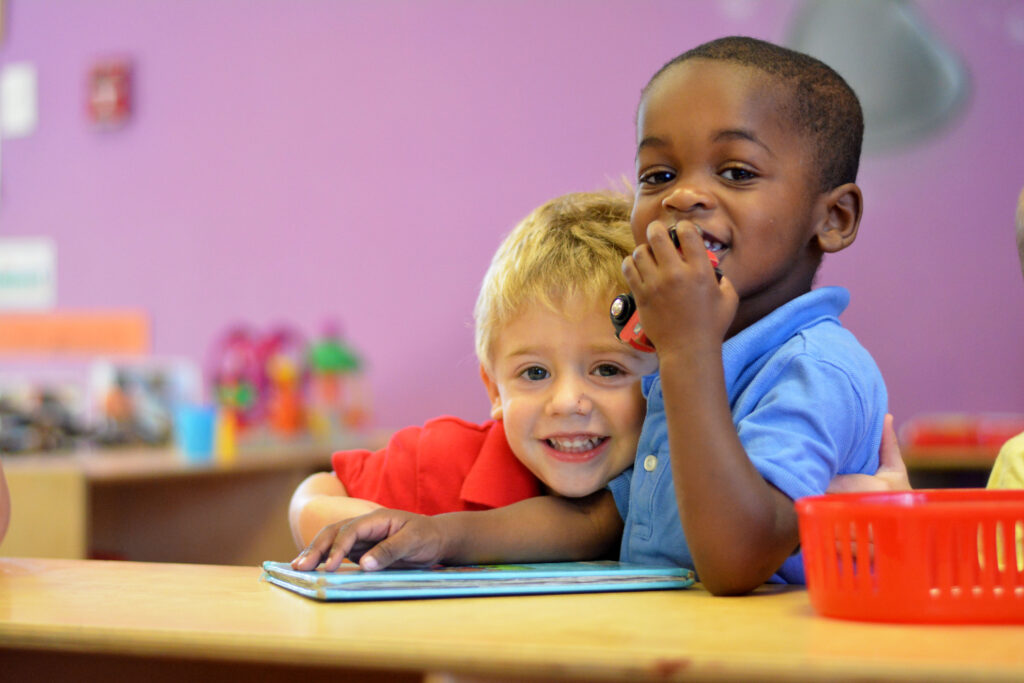
Poetry for Children
Creative world school Nov 16, 2016We love showcasing a variety of literary genres to our pre-readers and early readers. Poetry written for and by children is one of the most imaginative and exciting ways to experience language!
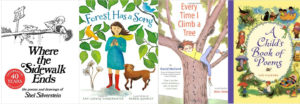
This month in our Exploratorium™, we are all about the rhyme scheme, cadence, rhythm, discord, and style that comprises the multi-hued world of poetic writing for children!
Want a sneak peek into what your young one will experience? Here’s en excerpt from your Family Supplement:
WHAT IS POETRY?
Poetry is like painting with words: using language to artistically describe thoughts, feelings, and experiences.
WHY IS POETRY IMPORTANT?
Poetry demonstrates to young children the power of playing with language. This literary genre is unique in its expression and unrivaled in its capacity to impress and inspire young learners. Poetry makes an attempt to personify, amplify, and describe life experiences. Whether formal or free, poetry is full of possibility in style, length, and content. This freedom affirms to young children that the language they are working so hard to master is full of levity, whimsy, and delight.
- Joyful Noise Poems for Two Voices by Paul Fleischman
- Mirror Mirror A Book of Reverso Poems by Marilyn Singer
- Rainy Day Poems by James McDonald
- Sad Underwear by Judith Viorst
- Walt Whitman Poetry for Young People
Author and Poet Roger Housden explains:
“Poetry at its best calls forth our deep being. It dares us to break free from the safe strategies of the cautious mind; it calls to us, like the wild geese, as Mary Oliver would say, from an open sky. It is a magical art, and always has been — a making of language spells designed to open our eyes, open our doors and welcome us into a bigger world, one of possibilities we may never have dared to dream of…. And yet for all its magic, poetry uses the common currency of our daily speech. It uses words that are known to all of us, but in a sequence and order that surprises us out of our normal speech rhythms and linear thought processes. Its effect is to illuminate our lives and breathe new life, new seeing, new tasting into the world we thought we knew.”
This is the key for young children: using the speech they are learning in conversational and academic environments to promote—not stifle—their inherent curiosity! Poetry accomplishes just that.


